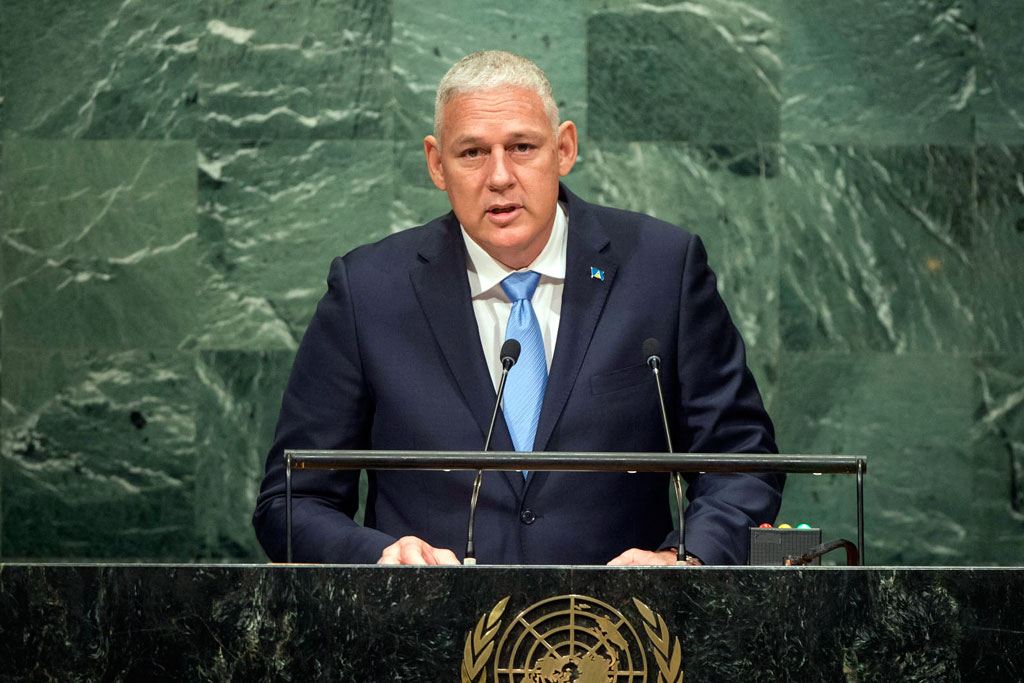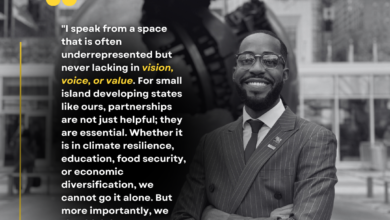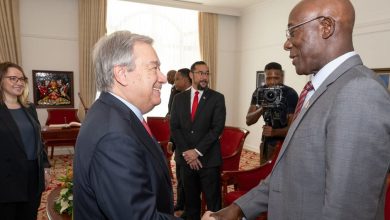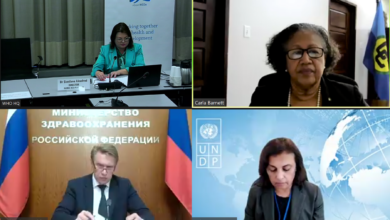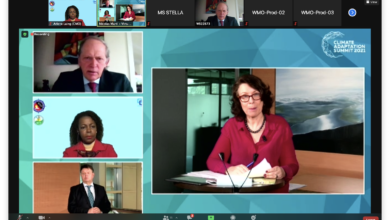Given their size and limited choices for economic expansion, small island States like Saint Lucia have looked to the more advanced economies for innovative means of economic development, the tiny country’s Prime Minister told the United Nations today, among many speakers from the region who said they now find themselves being penalised as tax havens by the very architects of such strategies.
Having adopted programmes created by wealthy countries, such as ‘Citizenship by Investment’ programmes,’ and financial services and trusts, small island states have been “left to dance between the raindrops,” as, once they become branded as tax havens, their ability to grow their economies becomes compromised, Allen Michael Chastanet , St. Lucia’s Prime Minister said in his address to the Assembly’s annual general debate.

“A painful example of such exclusion is the inescapable fact that while we continue to feel the negative effects of the 2008-2009 global financial and economic crises, we are not involved in the solutions to the problems,” he said, noting that while the G20 has designated itself the forum for collective international economic cooperation, Saint Lucia, like the majority of UN Member States, is not a member of that bloc, “nor were we consulted on its appointment as the arbiters of our economic fate.”

The G20 also has a serious legitimacy problem, Mr. Chastanet continued, noting that aside from being unofficial and non-inclusive, many of the countries at the table represent the champions of the economic and financial systems and policies that led the world into the crisis in the first place.
“The crisis has produced in our states, increased poverty, suffering and social and political upheaval. Its disproportionate impact on the poor has only widened the gap between developing and developed countries,” he said.
Read more at: United Nations News Centre

